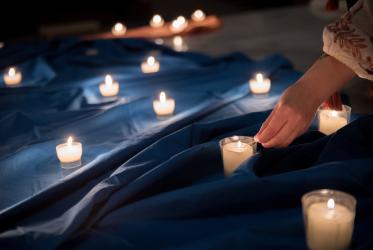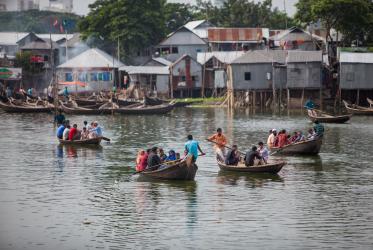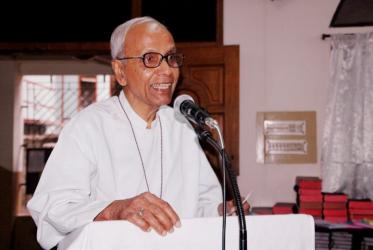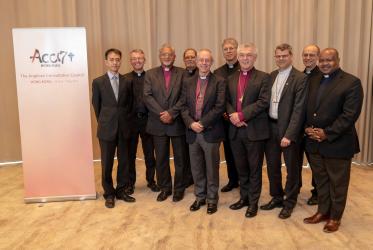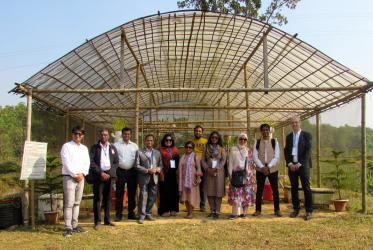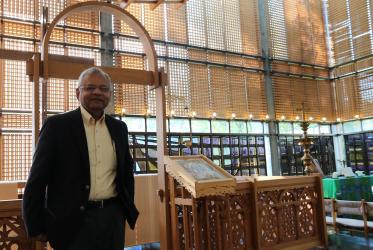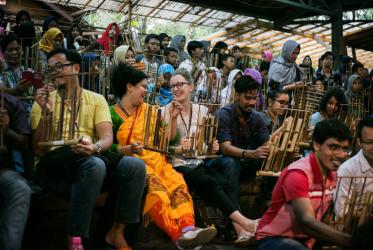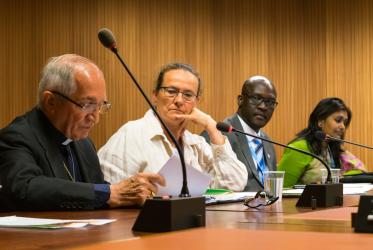Displaying 1 - 20 of 36
WCC to share key insights at World Social Forum
09 February 2024
Climate crisis fuels existing water injustice
27 October 2021
Workshop in Bangladesh links climate, economic justice
07 February 2019
WCC expresses condolences upon death of Bishop Nibaron Das
29 November 2018
Youth in Asia can now apply for WCC inter-religious training
15 February 2018
GEM school ends with hope for a better tomorrow
08 September 2016
A just financial and economic architecture is possible, students find
08 September 2016



